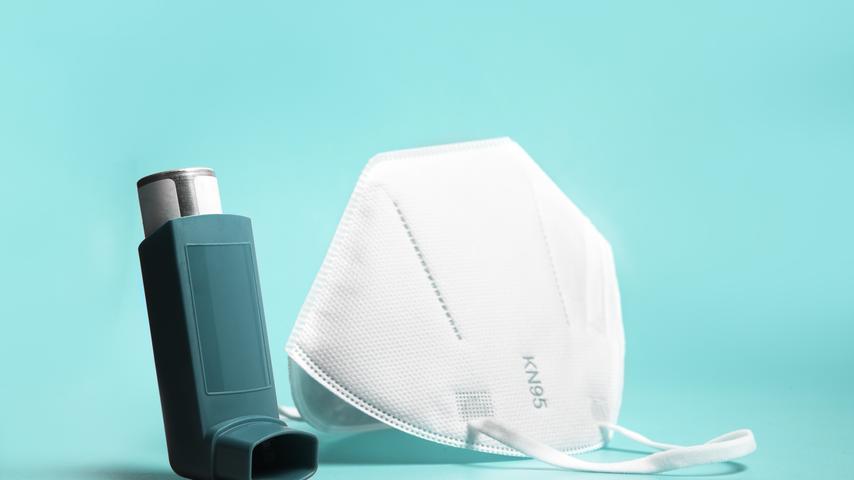Is It An Allergy, Flu Or COVID-19?

The novel Coronavirus or COVID-19 has infected thousands of people worldwide. Many countries are locked down, this is how serious it is. Experts are trying their best to contain it and find a solution for it. The government is taking major steps to prevent its spread and is promoting precautionary measures. The internet, all the news channels, and newspapers are flooded with numbers and data that are confusing and even scary. With all this happening around, it’s natural that you get a little anxious every time you sneeze or cough.
Although Coronavirus is something that should be taken seriously, the chances of an individual getting affected by it are still low, especially if you are maintaining social distancing. If you think that the running nose could mean something else, here’s something you need to know.
It takes around 2-14 days for your body to show symptoms after you have been exposed to the Coronavirus. It affects your lower respiratory tract. The symptoms of COVID-19 include shortness of breath, muscle and joint pain, sore throat, cough and moderate to high fever.
Sneezing Is Not A Major Symptom Of COVID-19
Sneezing is a symptom of the common cold and sometimes Allergies. It is not highly associated with COVID-19. Cold gradually goes away, but if you’ve been sneezing for quite a few days, it’s highly likely that you have some kind of Allergy, only sneezing isn’t associated with COVID-19, usually.
The Flu vs COVID-19
They both have symptoms that are quite similar. Both make you feel lethargic. Dry cough, headache, sore throat and fever are common in both. Shortness of breath indicates involvement of the Lungs. There are no symptoms that reliably set COVID-19 apart from other Respiratory illnesses.
Allergies vs COVID-19
Symptoms of Allergies include sneezing, runny or stuffy nose, itchy nose and eyes, Postnasal Drainage, rashes, headaches, and coughing. People with any kind of Allergies often have a history, you already know about things that you are allergic to. If you aren’t allergic to anything and you are showing these symptoms, don’t worry it still isn’t COVID-19. It could be a new Allergy you developed or the common cold but not COVID-19, as some of these symptoms like rashes are exclusively associated with Allergies.
Reasons To Be Extra Cautious
If you have a recent travel history from places that were affected by the Coronavirus, you need to take even the mild symptoms seriously. If you had any guests from places where the outbreak took place, make sure you don’t ignore any hints your body gives you. If you are from or living near an area where there was an outbreak, you need to be cautious and take care of yourself.
Seek Medical Help When Needed
Don’t be a doctor yourself, unless you are one. Do not assume that you have perfectly diagnosed yourself. If anything is causing you discomfort, seek proper medical assistance, as it doesn’t mean it isn’t serious if it isn’t the Coronavirus. That being said, you don’t need to panic with every little thing. Call up your doctor, discuss the symptoms and let him/her do the diagnosis. Visit hospitals/clinics only when extremely necessary, or when the doctor asks you to. This will help in avoiding overcrowding the medical facilities and save resources for those who need it more. Be a little mindful and vigilant.
If you are fit and healthy, don’t think that you cannot be affected by anything, you still need to take care of yourself. Maintain good hygiene, cover your face while coughing, stay hydrated, eat healthy, practice social distancing and stay indoors. All these practices will help you prevent infections and will keep you safe.
Dr Siri Kamath
Consultant Physician, BGS Gleneagles Global Hospital
Disclaimer: The views and opinions expressed in this article belong solely to the author. They do not reflect the opinions or views of the organization.











